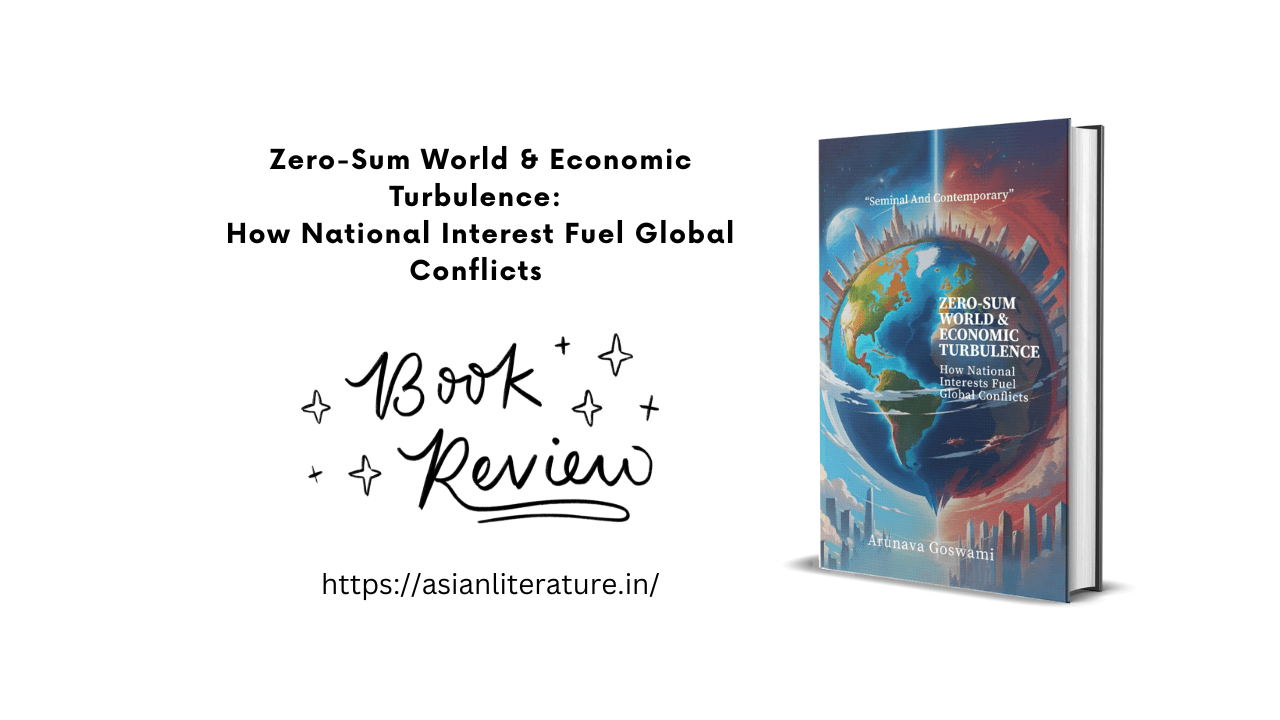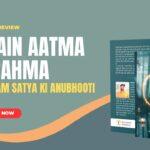
Asian Literature
In this noteworthy title, “Zero-Sum World And Economic Turbulence” author Arunava Goswami delivers a masterfully researched and deeply compelling examination of the fractured state of today’s global economic and geopolitical landscape. At a time when the financial markets are increasingly volatile and geopolitical rivalries are reshaping world alliances, this book arrives as a timely and essential guide, laying bare the tensions and trade-offs that define our current moment. It is both an exposé as well as a roadmap — a piercing look into the mechanics of global conflict driven by national interests and a thoughtful meditation on what might be done to alter course. Besides, the manner in which the author had added the ‘Prologue’ and the ‘Epilogue’ in each of the chapter is captivating enough to make the readers quench for more with every turn of the page, and this is something that actually makes this title reading worthy!
Author Arunava Goswami has a Master’s degree in International Business with a focus in International Relations, Economics and Financial Markets from one of the top institutions of the UK with long-standing experience in the private sector. With focus on international business, market dynamics, economic and anti-trust policy, Arunava Goswami has served across industries, examining where corporate strategies and national policy cross roads in a world of growing economic turbulence. Aside from his career pursuits, he is an enthusiastic traveler and a voracious reader. Whereas, this particular title, “Zero-Sum World And Economic Turbulence: How National Interests Fuel Global Conflicts” is published by Evincepub Publishing and is released during the period of May 2025. Also, the book is available in both paperback as well as in e-book format and the readers can find this title on all the top online marketplaces.
The core thesis of this book, “Zero-Sum World And Economic Turbulence” is rooted in the idea that we now inhabit a “Zero-Sum World” — a global environment where one nation’s success is perceived to come only at the cost of the another’s. Author Arunava Goswami argues that this mindset is accelerating the economic turbulence and feeding the political hostilities. It is an era of protectionism, trade wars, fractured alliances and nationalistic fervour, in which the very notion of the collaborative growth is being replaced by combative economic strategies. The author’s deft analysis of these dynamics transforms what could have been a dense academic treatise into an accessible and insightful work that will resonate with the economists, political analysts, investors and the informed general readers alike.
On top of that the various chapters in this book, deeply explore the economic and geopolitical shifts of the recent decades, with a particular emphasis on how globalisation’s unraveling has contributed to the rise of zero-sum thinking. Author Arunava Goswami brings historical depth to his arguments by revisiting the great economic crises of the past — such as the 2008 financial meltdown and juxtaposes them with the current developments, including the post-pandemic supply chain disruptions, energy crises and the emergence of the economic blocs like BRICS. The result is a narrative that not only explains the past and diagnoses the present but also speculates intelligently about the future!
One of the Notable Strengths of this book lies in the author’s ability to draw a clear connections between the economic policy and the geopolitical action. His discussion of “America First” trade policies is particularly revealing, as he details how such strategies, while seemingly nationalistic, have ripple effects that disrupt the global commerce and destabilise the longstanding economic relationships. Similarly, the chapter on Europe’s push for strategic autonomy amid growing disillusionment with U.S. foreign policy is a timely and insightful dissection of shifting power dynamics within the West. Further, the book also excels in highlighting emerging battlegrounds for economic influence and control. The author presents Africa as a continent rich with potential but burdened by colonial legacies, exploitation of mineral resources, and new-age economic incursions.
Beyond that the author analyses how the modern powers — both Eastern and Western continue to see Africa as a resource bank, with only a small number of nations reaping benefits, perpetuating inequality and fuelling conflict. Likewise, author Arunava Goswami explores Greenland’s strategic importance due to its mineral wealth, placing it within the broader context of Arctic militarisation and global environmental politics!
Now, upon reaching the final part of the review, i.e. the Book Verdict, we can conclude that a title like “Zero-Sum World And Economic Turbulence” is for sure a reading worthy title. The book deserves a chance by the readers as it is more than just a commentary on economic trends — it is a wake-up call for a world drifting toward division and discord. Author Arunava Goswami has written a work of exceptional clarity and urgency, one that challenges the prevailing assumptions and calls for a reconsideration of how the nations interact, trade and coexist. In highlighting the dangerous consequences of pursuing the national interest at the expense of the global cooperation, the book forces us to ask a fundamental question that — In a zero-sum world, can anyone truly win?
While, for the policymakers, economists, business leaders and the engaged citizens, this book is an indispensable tool for understanding the complex choreography of the global economics and politics. Author Arunava Goswami does not offer easy answers, but he provides the context and clarity necessary to begin asking the right questions. In an era marked by uncertainty, this is not only valuable, but also essential, which actually makes it a MUST READ title in all aspects!
Book: Zero-Sum World And Economic Turbulence
Author: Arunava Goswami
Publisher: Evincepub Publishing (2025)

